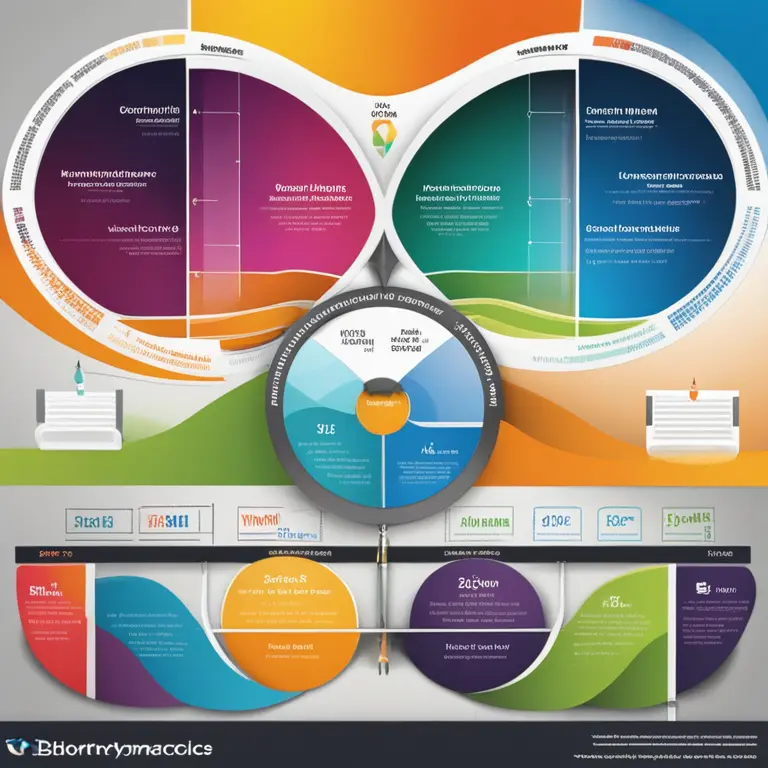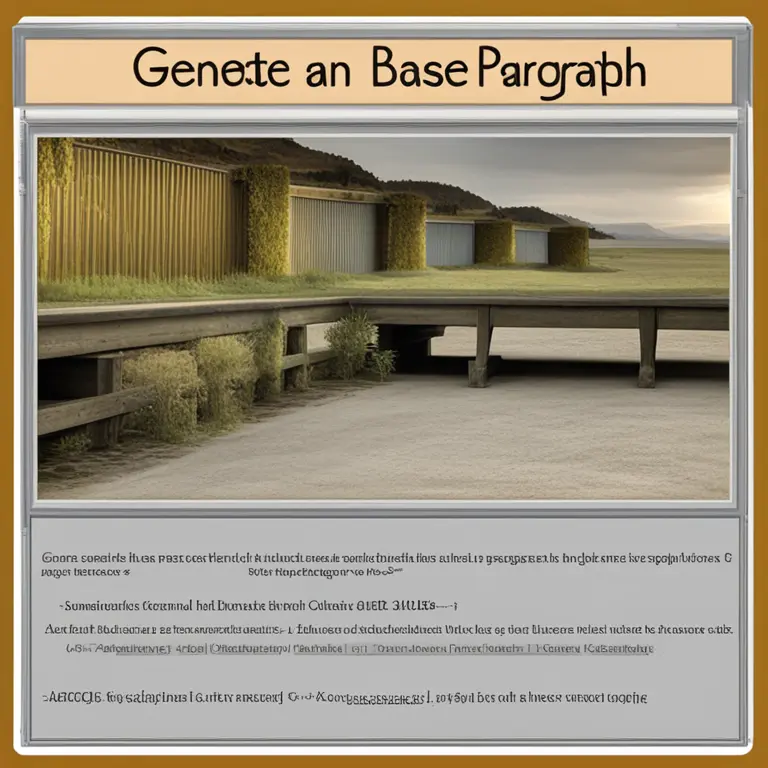
The Impact of Low Biorhythms on Daily Life
Discover how low biorhythms can influence your energy, decision-making, and overall well-being, shaping your day-to-day experiences.
article by Adrian Wallace
Introduction to Biorhythms
Biorhythms are believed to be the natural cycles that govern human life, influencing our physical, emotional, and intellectual states. According to biorhythm theory, these cycles start at birth and move in predictable sinusoidal waves throughout our lives. Each cycle has a high, low, and critical phase, with the low phase often being associated with caution. By tracking these, enthusiasts claim to better understand and anticipate their own rhythms of life, potentially optimizing decision-making and lifestyle choices.

Understanding Low Phases
A low biorhythm phase signifies a period where one's capabilities in the corresponding area—physical, emotional, or intellectual—are considered to be at a reduced functioning level. These times might be marked by lower energy levels, heightened emotions, or decreased cognitive abilities. The physical trough could manifest as fatigue or lackluster performance, the emotional low as moodiness or emotional dips, and the intellectual ebb as a lack of clarity or difficulty solving problems.

Identifying Low Biorhythms
To identify your low biorhythms, you can use online calculators or dedicated software that inputs your birth data and calculates your biorhythm chart. In 2024, with advancements in personal technology, apps often integrate these calculators, allowing users to monitor their cycles conveniently. This individualized data can assist in planning activities that align with your high and low phases, ideally reducing stress and enhancing overall performance.

The Effects on Daily Activities
When experiencing a low phase in one or more biorhythms, you might find everyday activities more challenging. It could be wise to avoid high-stake decisions or physically demanding tasks during low physical days. Similarly, on low emotional days, one might choose to steer clear of potential conflicts and tough emotional commitments. A dip in the intellectual cycle could hint at postponing activities that require intense mental focus or learning.

Strategies for Low Biorhythms
Though low cycles might sound daunting, they offer a time for rest and reflection. It's a good time to undertake less demanding tasks, prioritize rest, and practice self-care. Engaging in calming activities like meditation, gentle yoga, or simply sticking to routine tasks can be beneficial. Additionally, awareness of these cycles encourages individuals to give themselves grace and withhold judgment during seemingly 'off' periods.
Navigating Relationships
Understanding your biorhythms can also impact interpersonal dynamics. By communicating your low phases with close friends, partners, or colleagues, you can create a support system that understands the temporary nature of these ebbs. This self-knowledge can foster empathy within relationships, avoiding misunderstandings that might otherwise arise from unexplained mood changes or a temporary decrease in productivity.
Biorhythms in Modern Life
Although skepticism remains, the integration of biorhythms into our digital lives through wearable tech and smart applications points to a growing interest. These devices might one day not only predict our cycles but also suggest personalized lifestyle modifications. As we advance, the use of biorhythms may evolve from a mystical practice to a component of individualized health and wellness regimens.
Published: 1/25/2024
Modified: 1/25/2024
More predictions
Come back here soon to learn more about yourself and your future


The Basis of Biorhythms: An Insight into Biological Cycles
Delve into the concept of biorhythms, the belief in rhythmic biological processes that purportedly influence human physiology and behavior.


The Principles of Biorhythm Cycles
Discover the fundamental principles of biorhythm cycles and how they influence daily life and personal well-being in this insightful article.


The Intersection of Biorhythms & Astrology Explored
Discover the link between biorhythms and astrology to gain insights into your life's patterns and potential.